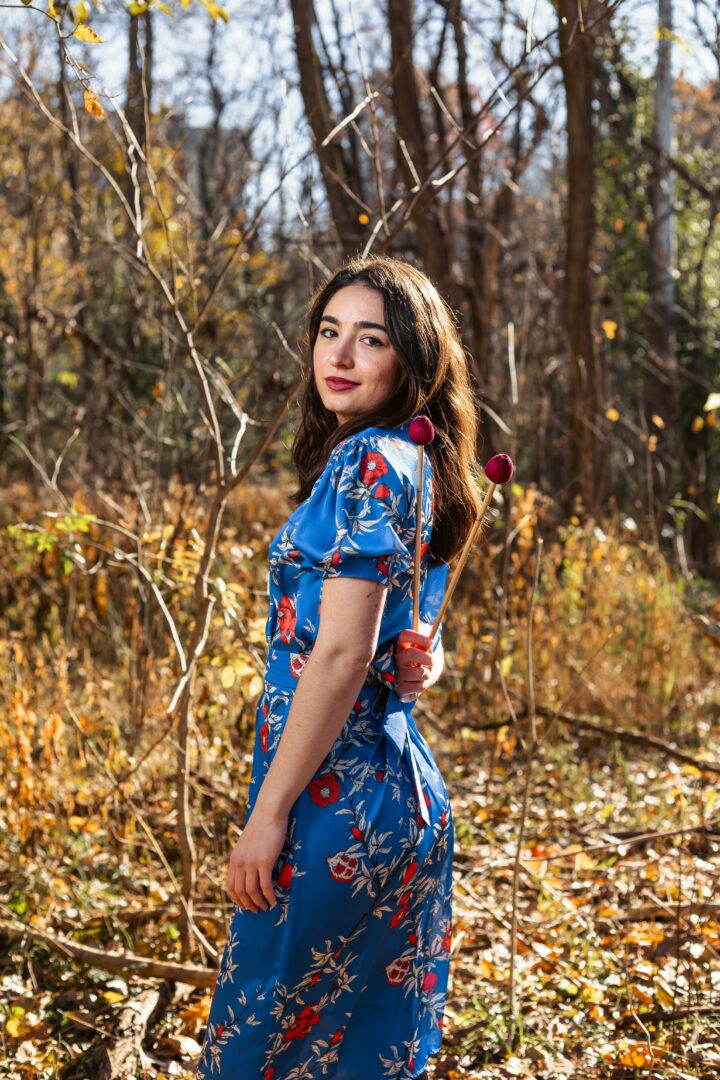Pauline Roberts shared their story and experiences with us recently and you can find our conversation below.
Hi Pauline, thank you so much for joining us today. We’re thrilled to learn more about your journey, values and what you are currently working on. Let’s start with an ice breaker: What do the first 90 minutes of your day look like?
When I wake up, the first thing I do is drink a glass of water—something I’m always grateful my past self prepared the night before. Then I feed my dog, Canela, and do my skincare routine. This is the moment when I really, really try not to answer texts or check social media; I’ve learned that if I do, the rest of my day can get derailed by that dopamine bomb. Sometimes I’ll do my skincare in silence, other times with music—it depends on how slowly I’m waking up.
After that, I chant Nam-Myoho-Renge-Kyo for about ten minutes (depending on the day). Beginning with my Buddhist practice is essential for centering my energy, elevating my human condition, and reminding myself that I’m capable of whatever I set my intentions to. Then I prepare breakfast along with my mate (that green-tea-like drink we Argentinians and South Americans are obsessed with), and finally, I take Canela out for her morning walk around the block.
It’s usually a good day if I can actually fit all of that into 90 minutes!
Can you briefly introduce yourself and share what makes you or your brand unique?
Originally from Buenos Aires and now based in New York, percussionist, vocalist, and composer Pauline Roberts transforms her classical and jazz background into experimental pop. Thriving on versatility, she integrates vibraphone, drum set, voice, and electronics into a signature sound that is at once inventive, playful, and profound.
Appreciate your sharing that. Let’s talk about your life, growing up and some of topics and learnings around that. What was your earliest memory of feeling powerful?
I was 7 or 8 (around the same time I started drum set lessons!) when I decided I wanted to join my school’s fútbol team. The only problem was that girls were sent to play field hockey while boys played fútbol. When I asked to join, they refused me at first—just because I was a girl. My dad stepped in and asked the P.E. teacher if there was any actual rule against it, and of course, there wasn’t. So I became the first girl on my school’s team, and the first to play in the inter-school tournaments.
I’ll never forget one match: as we were lining up, a boy from the other team just stared at me in total surprise. I looked at him and said, “Yeah, I’m a girl—so?” He immediately backed down! It was such a cute reaction, but for me, it was a defining moment. Putting myself out there, having my parents by my side, and pushing against the system gave me a sense of power I still carry with me today as a female percussionist.
What did suffering teach you that success never could?
It’s easy to love yourself when you succeed—but suffering taught me how to truly hold myself. I wasn’t always good at it, but going through challenges gave me a deeper understanding of who I am, fully: where my character is strong and where it isn’t, what my boundaries are, and how to recognize my triggers. Most importantly, it taught me how to listen to myself without immediately trying to fix everything. Suffering also gave me a clearer sense of what’s in my control and what isn’t—a fundamental distinction for everyday mental health.
Next, maybe we can discuss some of your foundational philosophies and views? Is the public version of you the real you?
In short, yes. That doesn’t mean I don’t choose which aspects of myself to share and which to keep private. Lately, I’ve been reflecting on the idea that even dishonesty is, in a way, honest—because if someone is being dishonest, they’re still expressing who they are in that moment. So the real question isn’t whether what we show others is “real” or not, but whether our inner life is aligned with our outer one.
That alignment is one of the hardest challenges of being human—we’re full of contradictions. Personally, I try to put a lot of effort into aligning what I think, say, and do as much as possible. If at some point my public persona drifts from my private self, it will be an artistic choice—but that doesn’t make it dishonest.
Okay, we’ve made it essentially to the end. One last question before you go. Have you ever gotten what you wanted, and found it did not satisfy you?
I’ve found that attaining goals is wonderful and deeply satisfying—but usually only temporarily. After a while, the excitement fades, we normalize the success, and return to our baseline well-being. One of the biggest lessons I’ve learned is that happiness and satisfaction need to be cultivated consistently, independent of our ambitions. Striving and feeling “unsatisfied” can be a powerful driving force for growth, but it should never replace the fundamental joy and value of everyday life.
Contact Info:
- Website: https://www.paulinerobertsmusica.com/
- Instagram: https://www.instagram.com/paulinesounds/
- Facebook: https://www.facebook.com/paulie.baterista/
- Youtube: https://www.youtube.com/user/paulialana
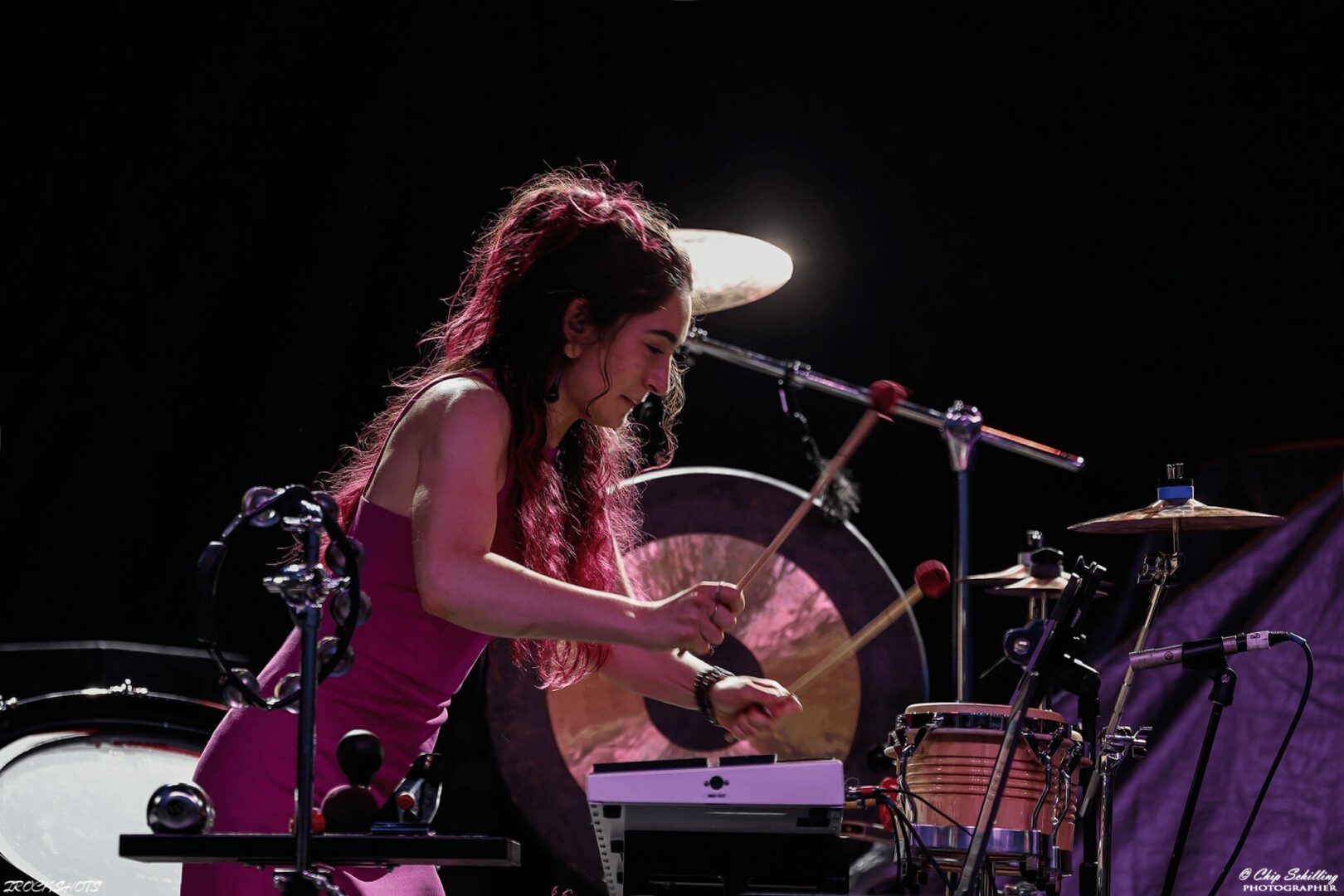
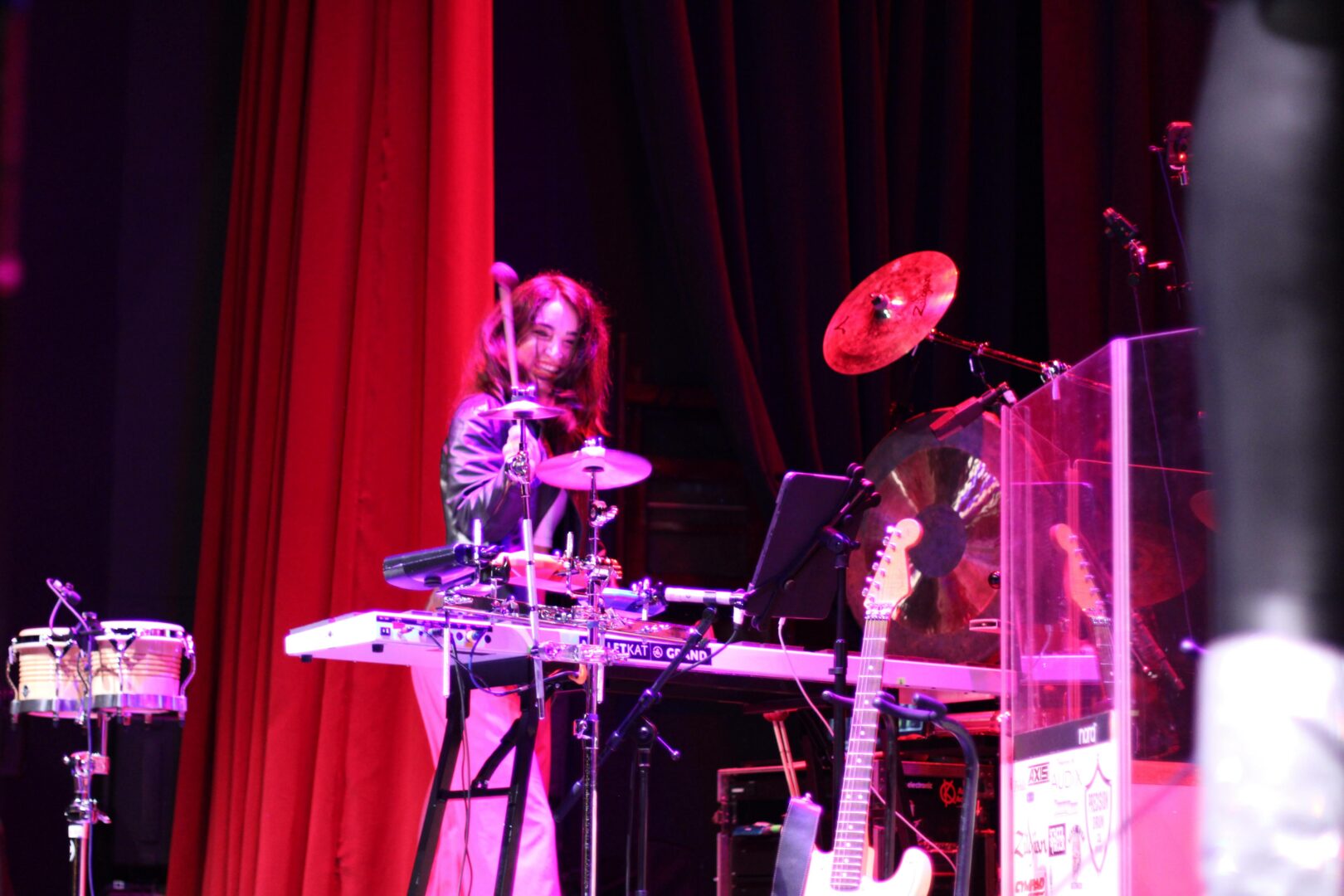

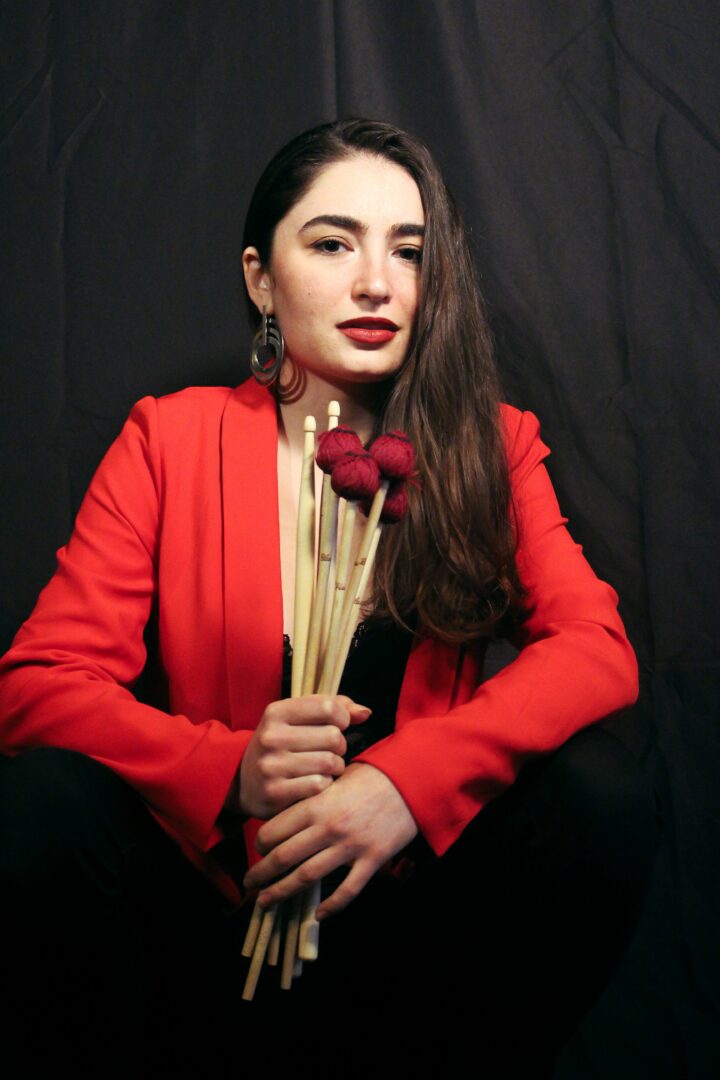
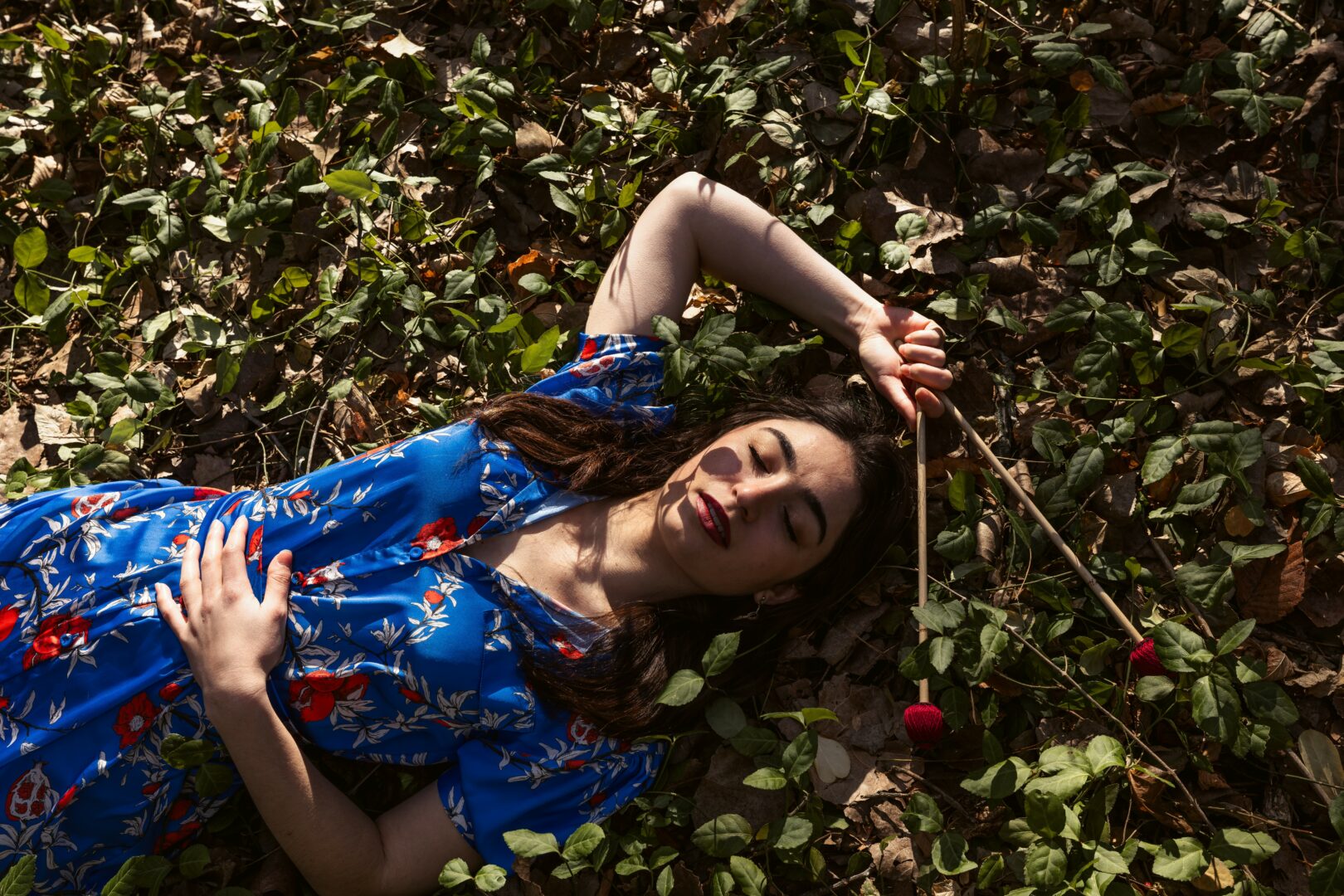

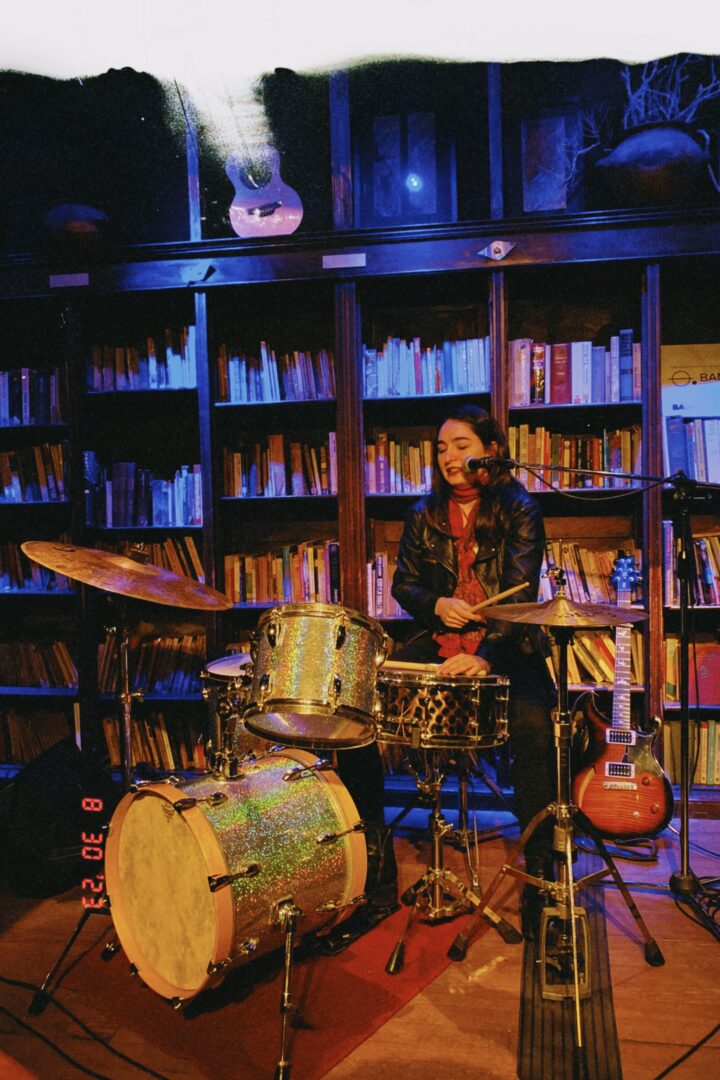
Image Credits
Chip Schilling- Julieta Iricibar – Connor Gates – Barbara Roth – Jason Tan
so if you or someone you know deserves recognition please let us know here.

